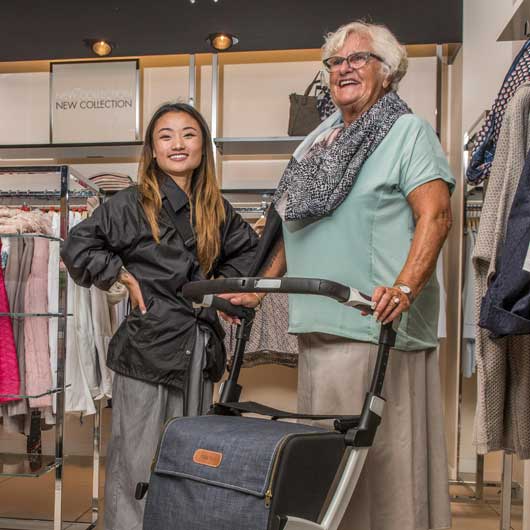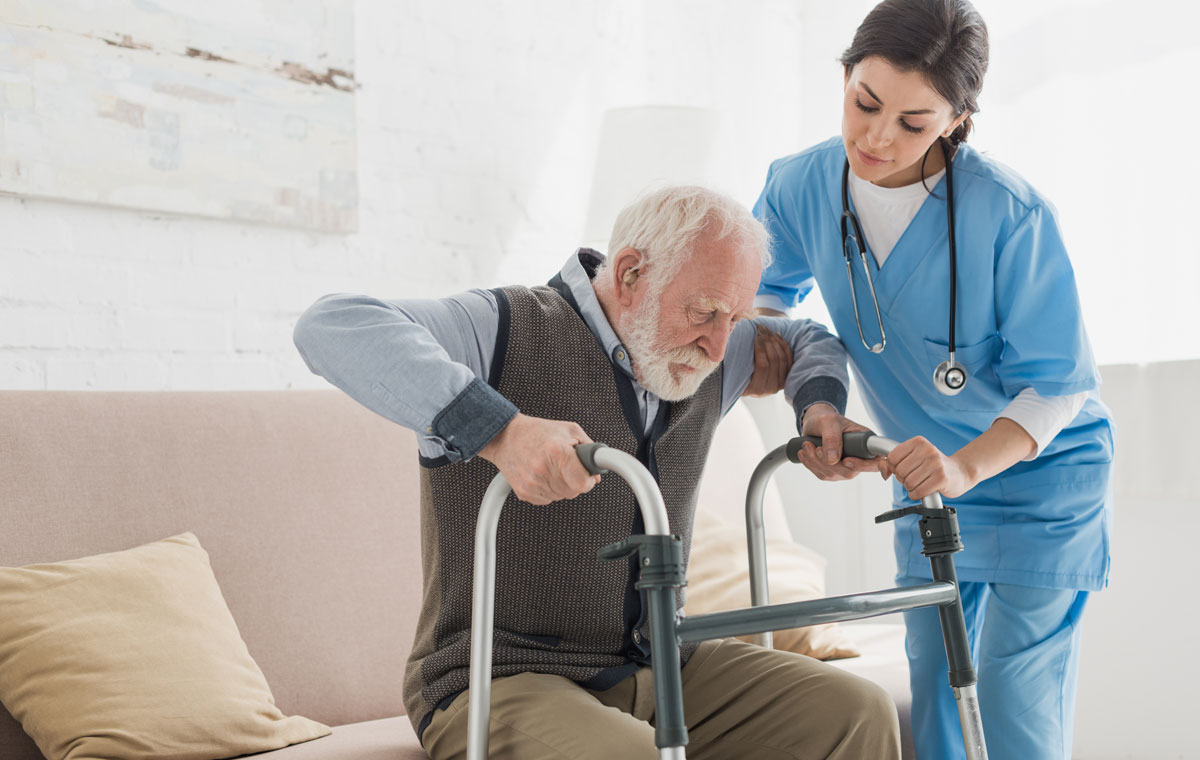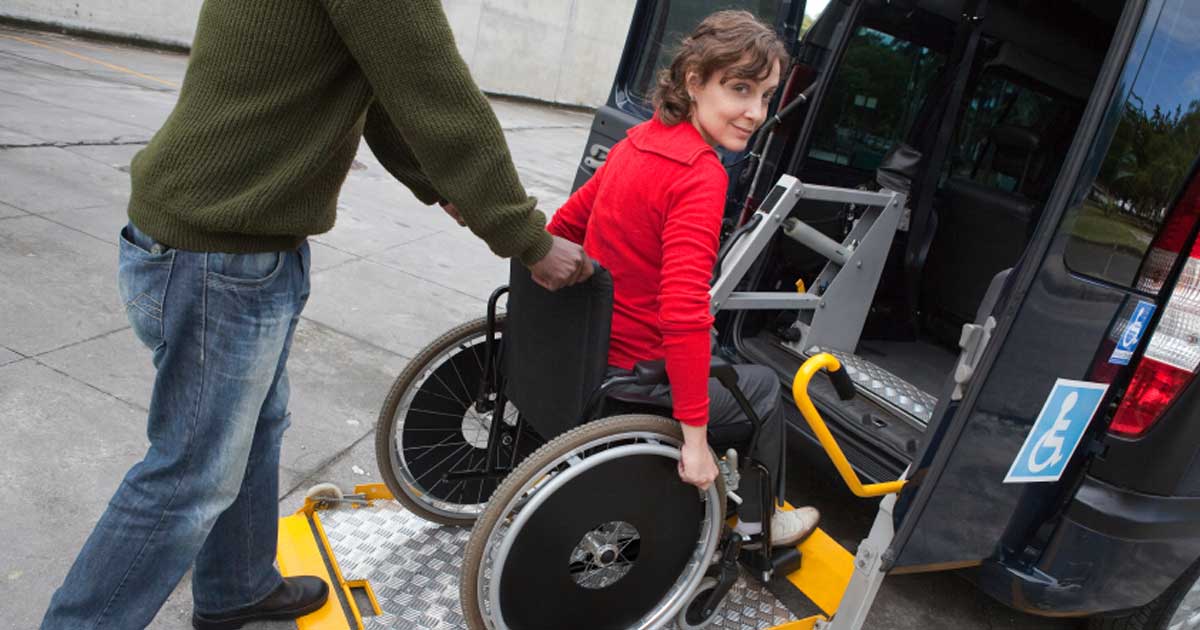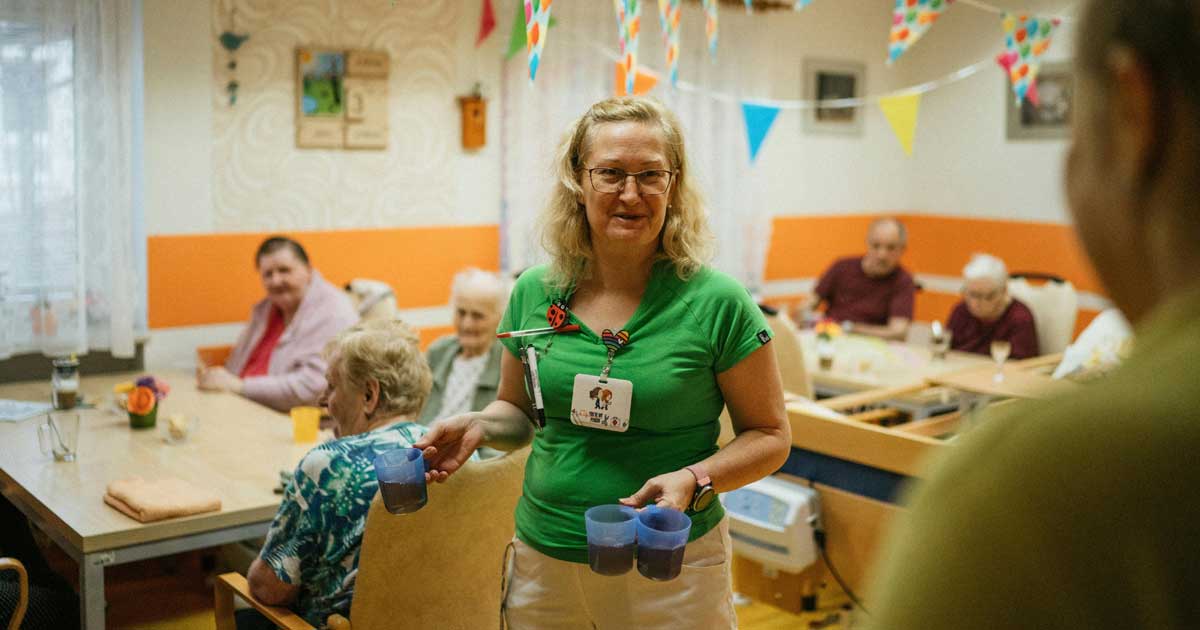The individual’s needs, preferences, and aspirations are at the forefront of every decision
Mobility support aims to empower individuals with mobility challenges to live independently and participate in activities they enjoy by providing the necessary tools, training, and assistance. Respecting individual’s rights upholding their dignity, privacy, and autonomy.
Mobility Aids for the Elderly & Disabled
- WHEELCHAIRS: Used for individuals who have difficulty or are unable to walk.
- TRANSFERS BETWEEN SURFACES: Moving from a bed to a wheelchair, chair, or shower.
- DEPENDENT TRANSFERS: Where the individual relies entirely on a caregiver to move
- ASSISTED TRANSFERS: Involving some level of participation from the individual, while a caregiver provides support.
- ASSISTANCE WITH OUTINGS AND APPOINTMENTS: Providing support for individuals to travel outside the home.
- TRANSPORTATION SUPPORT: Helping individuals get on and off buses, vans, or other forms of transportation.
- SCOOTERS: For individuals who can walk a limited distance or need more support than a wheelchair

Mobility support encompasses a wide range of services and equipment designed to help individuals with mobility impairments participate more fully in daily life.

Assistive Devices:
- Wheelchairs: Used for individuals who have difficulty or are unable to walk.
- Walkers: Provide stability and support for individuals with balance issues or weakness in their legs.
- Scooters: For individuals who can walk a limited distance or need more support than a wheelchair.
- Other aids: Include specialized beds, car modifications, and lifting aids.
Your Important Queries Addressed
How do you tell if you have mobility issues?
Mobility problems may be unsteadiness while walking, difficulty getting in and out of a chair, or falls. There are common conditions in older people that can contribute to mobility problems, such as muscle weakness, joint problems, pain, disease, and neurological (brain and nervous system) difficulties
Which mobility aid is right for me?
To determine the right mobility aid, consider factors like the severity and location of your weakness, your overall strength and coordination, and the types of environments you'll be navigating. If you have one weak leg, a cane might be sufficient. If both legs are weak, a walker or rollator could be better. For moderate weakness, a manual wheelchair or mobility scooter might be suitable, and for more severe weakness, an electric wheelchair might be necessary.
Do you need a prescription for a wheelchair?
If a wheelchair is medically necessary, they will write you a prescription stating you need the mobility aid at home and what type of wheelchair you need.
Can a GP give you a wheelchair?
Ask a GP, physiotherapist or hospital staff to refer you to your local wheelchair service for an assessment. You'll need to do this before you can get an NHS wheelchair. The local wheelchair service will decide if you need a wheelchair and, if so, what type. You might be able to get a voucher.
0203 576 2588
Give us a call now.
- Passion - Empowerment - Respect
Get in touch
No enquiry is too big or too small, we welcome the opportunity to discuss your care.

Dorcy Care
Committed to improve your well-being
- 0203 576 2588




